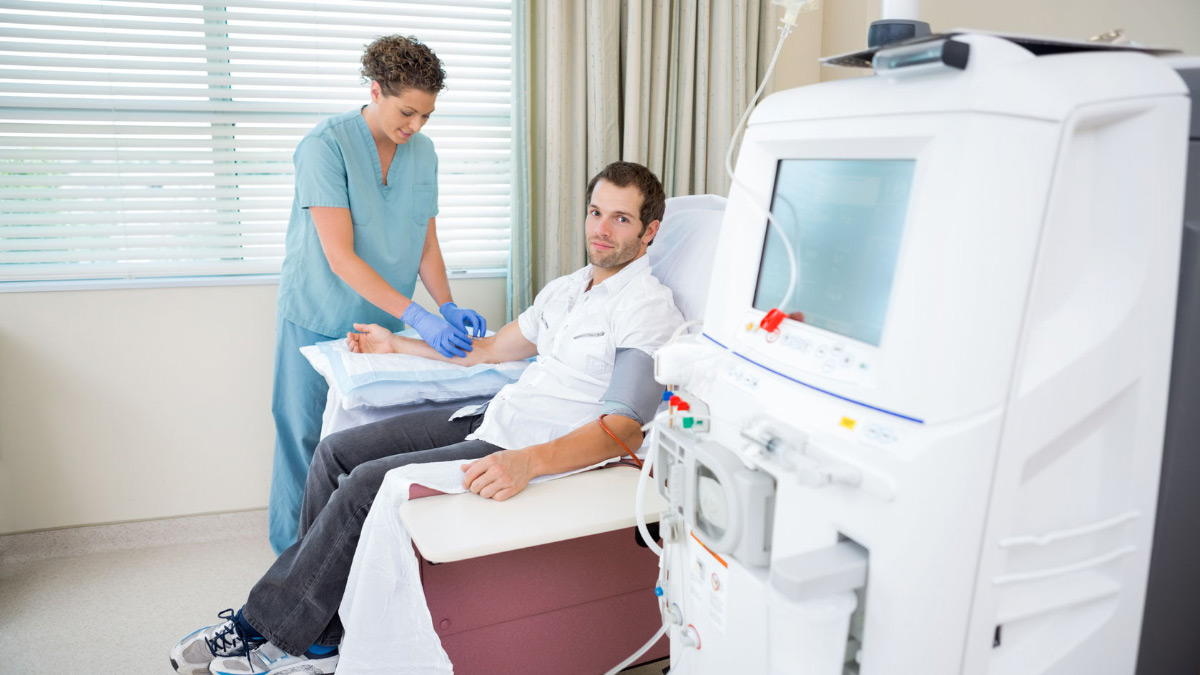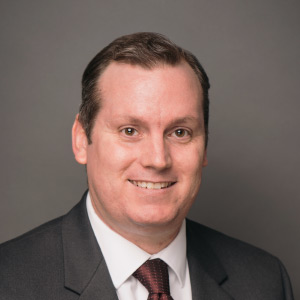The profitability of private dialysis centers seems a strange topic for voters to weigh in on—and there is a reason for that. Proposition 8 is the latest attempt by a union to score points against an industry that it has failed for years to unionize. So here we are: dictating private business practices and the fate of dialysis patients at the ballot box.
Service Employees International Union-United Healthcare Workers West is one of the largest unions of hospital workers in the western United States, with more than 95,000 members. It would love to add to its coffers the union dues of thousands of dialysis technicians in California, but its unionization efforts have struggled in recent years. Since it has been unable to persuade enough dialysis center workers to voluntarily unionize, it has desperately sought to use government power to force private dialysis centers to yield to their will, or, barring that, to punish them by sponsoring harmful legislation and qualifying Prop. 8 for this year’s ballot.
The union has admitted as much. When asked about the difficulty in organizing dialysis clinic employees by the San Francisco Chronicle, union spokesman Steve Trossman conceded that putting Prop. 8 on the ballot was “trying to achieve the same goal in a different way.” Thus, even the Chronicle’s editorial board, hardly a staunch foe of labor interests, characterized Prop. 8 as “a measure that does not belong on the state ballot,” and chided that “The initiative process is not the place to tilt the scales in a labor dispute.”
The welfare of patients who rely on dialysis to live is apparently a distant second priority to the SEIU’s own financial interests, despite its phony claims to the contrary. Last year the SEIU sponsored Senate Bill 349, introduced by state Sen. Ricardo Lara, D-Bell Gardens, which would have imposed strict staffing ratios and imposed an arbitrary 45-minute transition period between treatments, ostensibly to allow for better cleaning of equipment. As with Prop. 8, the bill was pushed as a patient safety measure, despite the fact that 47 percent of dialysis clinics in California have received four- or five-star ratings from the federal Centers for Medicare and Medicaid Services’ Star Rating Program for both safety and patient satisfaction. That is not only higher than the national average, but also higher than the eight states that imposed similar mandatory staffing ratios.
The bill was opposed not only by the dialysis center companies but also by a broad coalition of patients, health care providers, healthcare advocates, and business and taxpayers groups, including the California Hospital Association, Renal Physicians Association, American Nurses of California and Renal Support Network, Chronic Disease Coalition and California Association of Rural Health Clinics. These groups realized that the legislation would have resulted in fewer slots for patients and imposed higher costs that would have forced many dialysis centers out of business, thus reducing access to care. SB 349 passed the Senate but was ultimately shelved ahead of an expected difficult fight in the Assembly.
This year, the SEIU came back with SB 1156, introduced by state Sen. Connie Leyva, D-Chino, which it also sponsored. The bill would have limited third-party payers such as the American Kidney Fund from subsidizing insurance premiums for dialysis patients. It was also amended to cap the profits of dialysis providers who utilize third-party payments. The bill passed both the Senate and Assembly in August but was vetoed by Gov. Jerry Brown because it “goes too far, as it would permit health plans and insurers to refuse premium assistance payments and to choose which patients they will cover.”
The profit cap theme is back once again with Prop. 8, which would require dialysis providers to rebate to insurance companies any revenue above 115 percent of certain “allowable” costs. To make matters worse, these allowable costs are strictly defined so as to exclude costs associated with the physician medical director, nurse managers, patient care clinical coordinators, and basic business costs such as insurance, payroll, human resources, accounting and legal—all of which would have to be deducted from that 15 percent profit margin. The measure is so extreme that a report from the Berkeley Research Group estimates that only 69 percent of dialysis clinic operating revenue would be allowable, translating to an average operating margin of negative eight (-8) percent. The report, further, predicts that this would force 83 percent of dialysis clinics into the red.
This would be a disaster not only for the private dialysis clinic industry, but also for the nearly 70,000 Californians with end-stage renal disease (kidney failure) who must undergo dialysis three times per week for three or four hours a session in order to remove waste products from their blood, and who cannot survive more than a few weeks without treatment. Prop. 8 would force staff cutbacks and the closure of many clinics, thereby reducing competition, forcing patients drive farther to receive treatment, and landing many of them in hospital emergency rooms, which is more expensive for both patients and taxpayers (in the case of Medi-Cal or Medicare patients).
While political campaigns are often prone to hyperbole about how they will affect public health and safety, Proposition 8 literally does threaten the lives of thousands of Californians by reducing their access to critical care. The union’s tactics to threaten dialysis patients’ welfare and use the force of government to secure more members—and dues—who will not submit to their “representation” willingly is reprehensible and a gross abuse of the initiative process. Patients’ lives should not be used as a political football to advance a union’s interests.









